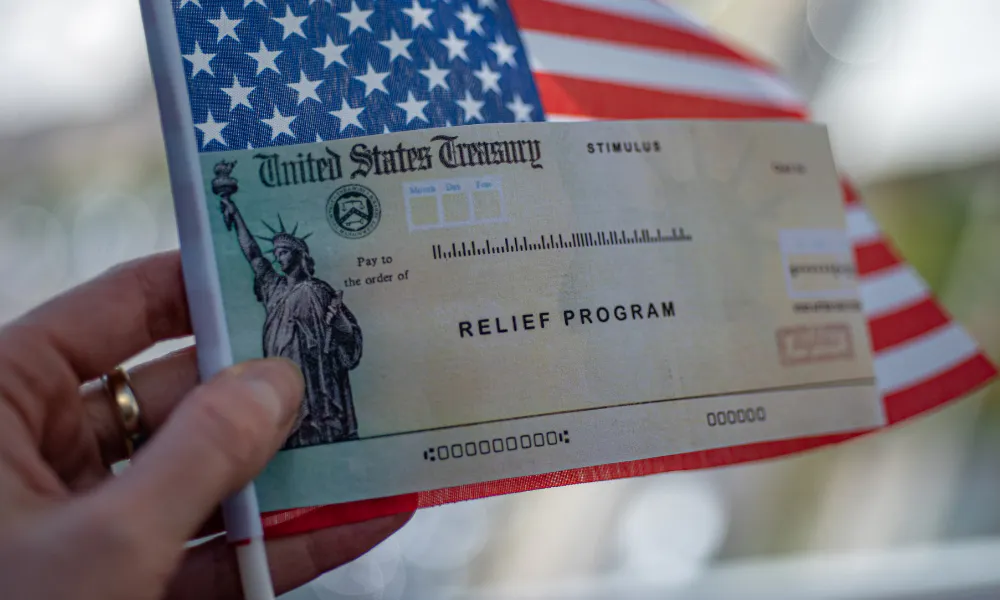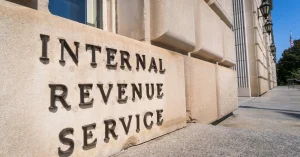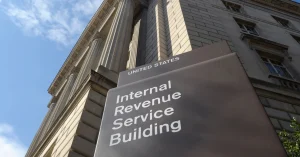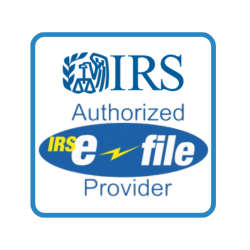Table of Contents
ToggleCompanies of all shapes and sizes have seen significant impacts from the COVID-19 pandemic. A recent impact poll showed that 70 percent of small- and medium-sized business owners are worried about prolonged closures, and more than half of those surveyed say they’re concerned about having to close permanently. Some companies have already been forced to shutter.
The United States federal government provided some relief for these businesses and individuals in its March 2020 Coronavirus Aid, Relief, and Economic Security (CARES) Act and the first wave of stimulus checks. It’s still unclear if Americans will receive additional support, however. Here’s what could happen in terms of government small business relief in the remainder of 2020 and into 2021.
Payroll Tax Executive Order
The U.S. government recently authorized the payroll tax deferral, an executive order that allows employers to defer their payroll tax obligations this year. This means that:
- Employee paychecks may be bigger now but smaller in 2021.
- Americans experiencing hardships from the pandemic will find relief now but could find next year more challenging — especially if the economy isn’t back to normal.
The deferment impacts individual paychecks, but the decision to participate is up to employers who are responsible for ensuring that applicable payroll taxes are paid back next year. The deferral applies to workers who make less than $4,000 in gross biweekly pay, meaning they will meet the limit if they make less than $104,000 per year.
Deduction for Pass-Through Businesses
The CARES Act and payroll tax executive order are not the only help businesses are being given amid the COVID-19 pandemic. Another tax-related initiative to be aware of for 2021 is the Qualified Business Income (QBI) deduction introduced in the Tax Cuts and Jobs Act (TCJA) in 2017.
Also known as the “Section 199A deduction,” the initiative allows qualified companies to deduct 20 percent of business income on their tax returns. This applies to pass-through businesses, including:
- Sole proprietorships
- Partnerships
- S corporations
- Limited liability companies (LLCs)
- Limited liability partnerships (LLPs)
The 2021 threshold amount for qualification for the initiative will be:
- $329,800 for married filing jointly
- $164,925 for married filing separately
- $164,900 for other taxpayers
Taxpayers earning more than these amounts annually in their respective situations will be disqualified from eligibility for the QBI deduction. The initiative also allows for a phased in-amount for 2021, which will be:
- $429,800 for married filing jointly
- $214,925 for married filing separately
- $214,900 for other taxpayers
It’s important to know the threshold amounts to be able to understand whether your business qualifies for this aid. If you have questions about your eligibility, talk to a tax attorney as soon as possible.
Government Business Loans
As of August 8, 2020, the government had loaned more than $525 billion to more than 5 million businesses under the Paycheck Protection Program (PPP).
- This program was created as part of the CARES Act.
- It was designed to encourage businesses to hire back furloughed workers and keep employees on the payroll during the pandemic.
- The program closed on August 8, but there is still more than $133 billion left in allocated PPP funding.
- It remains unclear whether the government will reopen the program, but these funds could further help small businesses in 2021.
Other loan programs that apply to small businesses during COVID-19 include the Economic Injury Disaster Loans and SBA Express Bridge Loans. The SBA will pay six months of principal, interest, and associated fees that borrowers owe for current loans, including 7(a), 504, and microloans. Payments are deferred on SBA Serviced Disaster Loans until the end of 2020.
Will There be a Second Stimulus Check?
The Small Business Roundtable recently sent a letter to government officials asking for fast additional action to save American’s millions of small businesses with a second stimulus check. The letter says:
“Unless Congress provides additional relief this month, business failures in the next several months will skyrocket as it will be impossible for additional measures to come online until well after the election or perhaps even into early 2021.”
The letter also asks for:
- Additional PPP loans
- Expediting of PPP loan forgiveness, particularly for the smallest or most impacted businesses
- More funding for Community Development Financial Institutions
So will there be a second stimulus check? It’s likely but not guarenteed. These measures are intended to aid smaller establishments in staying afloat during these uncertain times, which seem to be increasingly difficult to predict. As 2020 comes to a close, for example, Americans also face an election. The results could have huge economic impacts as well as greatly shift country-wide responses to the pandemic.
Get Small Business Relief With a Tax Attorney in 2021
It remains unclear how small- and mid-sized businesses will manage in early 2021 and beyond — especially if they try to deal with these challenges on their own. Owners may not be aware of all the aid programs they qualify for, for example, or may not know how the latest laws impact them, and can find additional assistance by working with a tax or legal professional. Understanding all options is the first step in finding relief.
If your small business is facing hardships because of the pandemic, talk to a tax attorney about the right way forward. The Silver Tax Group team will consult with you to better understand your situation and update you on the ever-changing tax laws and financial information for 2021. We provide a host of services for small businesses like you, including emergency tax services, consulting, accounting guidance, audit defense, and much more.
Contact the experienced attorneys at Silver Tax Group to discuss any tax questions or concerns you may have.
















